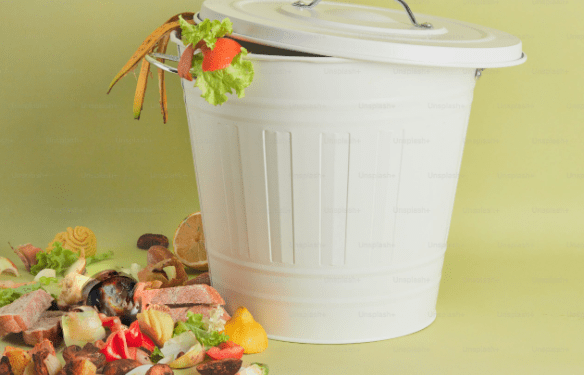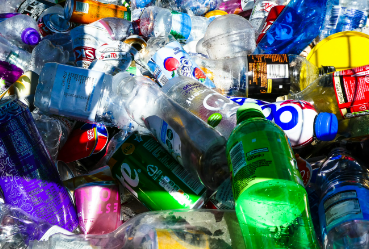This may come to you as a surprise, but yes; it is unbelievable-one-third of food that is wasted worldwide. Imagine the amount of food that is wasted. Food waste costs nearly £22 billion in the UK every year, and it also damages the Earth, emitting more gases from greenhouse emissions. To tackle this problem, over 30 major food companies wrote to Environment Secretary Steve Reed requesting him to make the move so it is made compulsory for businesses to report exactly how much of their food is being wasted. Let’s break this down and explain why this is important and what it could mean for all of us.

Food Waste Problem
Britain wastes around 10.7 million tonnes of food per year. This could fill more than 3,000 Olympic-sized swimming pools, and this loss has both financial and environmental implications. As the food decomposes in the landfills, it adds to greenhouse gases that spur global warming.
Call for Change
Environment Secretary Steve Reed has long been keen on having less waste in the UK. He would want it to be a “circular economy,” wherein resources become reused while waste is reduced to a minimal level. As part of achieving this dream, the government has already set an aspiration to halve food waste by 2030. Still, again, as part of this aim, the country needs to invent new measures – such as forcing companies to keep track of their food waste.
Organized by Jamie Crummie, one of Too Good to Go co-founders, the letter to Secretary Reed was penned. The app for Too Good to Go ensures that the leftover food in restaurants and shops does not go to waste but is sold at a low price rather than being discarded in stores. According to Jamie, such mandatory reporting will be the strong first step to really understand what is going on in regard to the amount of food wasted and to ask companies to behave much better.
Why Mandatory Reporting?
The transparency will be achieved by making companies report their food wastes. The end means that the consumers, government, and other businesses can see the responsibly given methods with which the food suppliers are managing waste. Compelled by a need to raise the consciousness levels of cut down in food wastes, companies may as well be encouraged to reduce the amount of waste they are producing.
Food waste is one of the biggest contributors to climate change,” Jamie Crummie said. He, along with the other signatories, requested the government to take action on speedy implementation of mandatory food waste reporting by the government for efficient usage and reduction of food waste in the supply chain.
The Big Supermarkets Join the Cause
Some big names among UK supermarkets have signed the letter, including Tesco, Waitrose, Aldi, Sainsbury’s and Marks & Spencer. Major food producers, too, on board are Nestlé and Innocent Drinks, which think the bigger parties should take the blame for their food waste, being role models that they should be.
It should also be noted that mandating reporting would not apply to farmers, but rather to other larger businesses in the food chain. This is what keeps the focus on those who sell food directly to consumers.
New Concepts and Innovations
Various food companies are already trying to innovate new ways to reduce their food waste. Most are creating a very efficient supply chain using artificial intelligence, while others are simply donating their leftover food to food banks, helping families in need, thus reducing any kind of waste.
The Role of the Government
DEFRA, short for the Department of Environment, Food, and Rural Affairs, thinks that food waste is also a very important issue. They team up with businesses to support them in producing less waste and ensuring that surplus food gets directed to where it will benefit the most-to those people who are in dire need of them. And the government encourages distributing extra food to charities to feed people while minimizing waste.

Awareness
Signatories to this call are working with MPs to make people realize the weight of implications of food waste. Indeed, Wera Hobhouse, a Liberal Democrat MP, claims that the time has come for a change from the throwaway culture to which many people have become accustomed. “If incentivized correctly, businesses can cut down on waste and overconsumption,” she says.
A Wake-Up Call for All
Every single person can do his or her share in reducing food waste. Here are some simple suggestions that you can follow:
We would be delighted to see the Environment Secretary focus efforts on building a zero-waste economy.” Businesses, government, and consumers work in concert, all taking responsibility to reduce food waste. Remember: waste not, want not!


